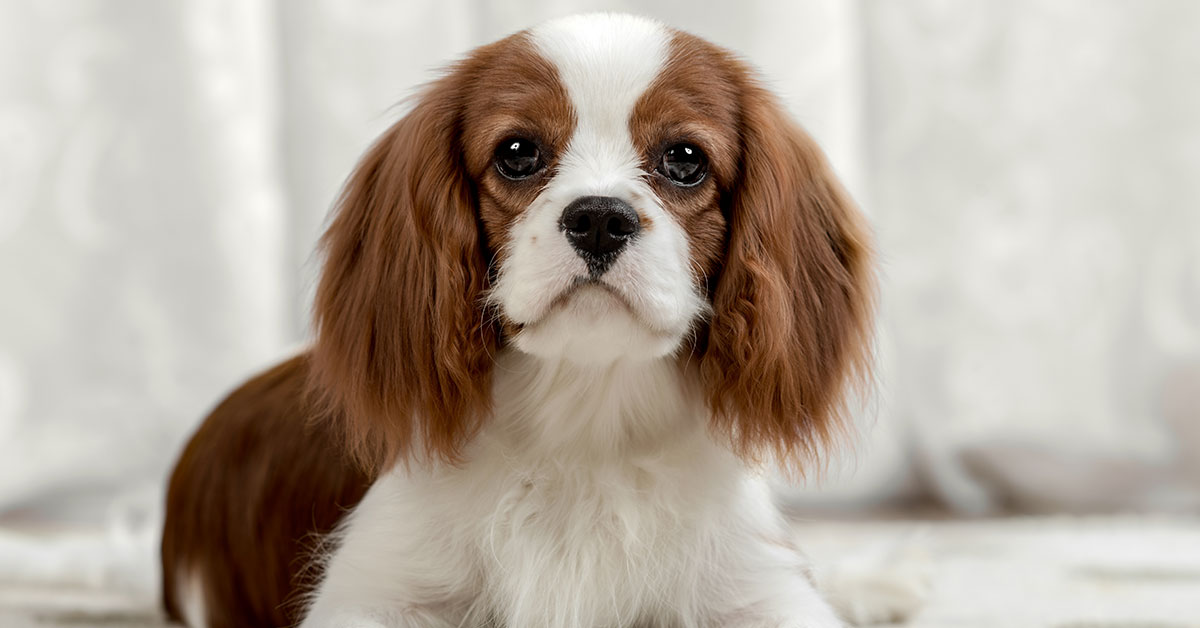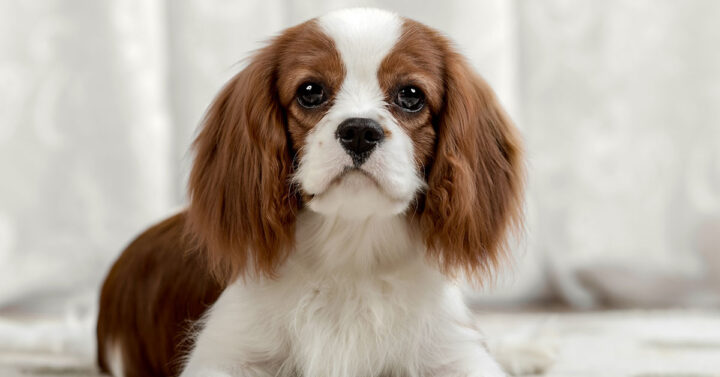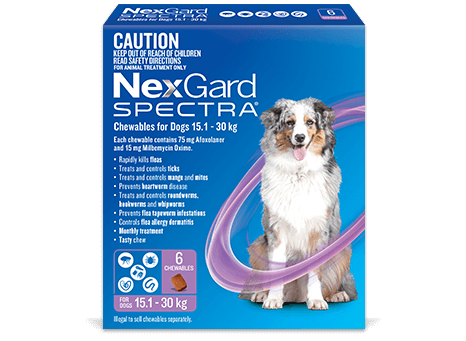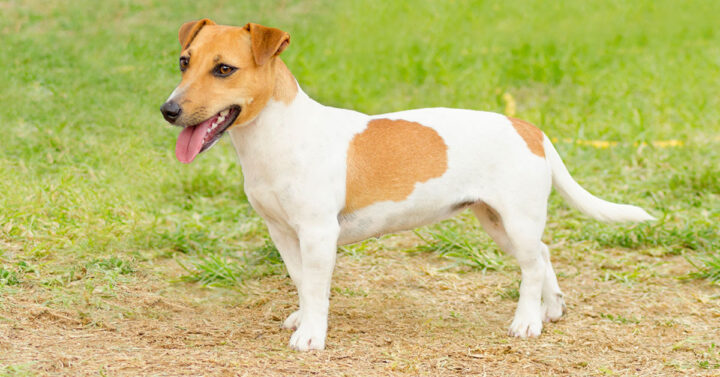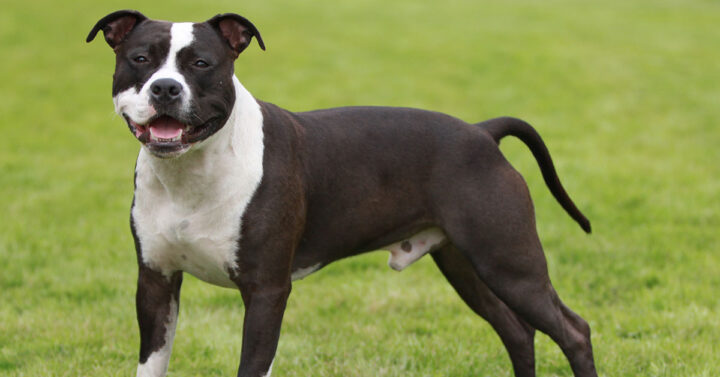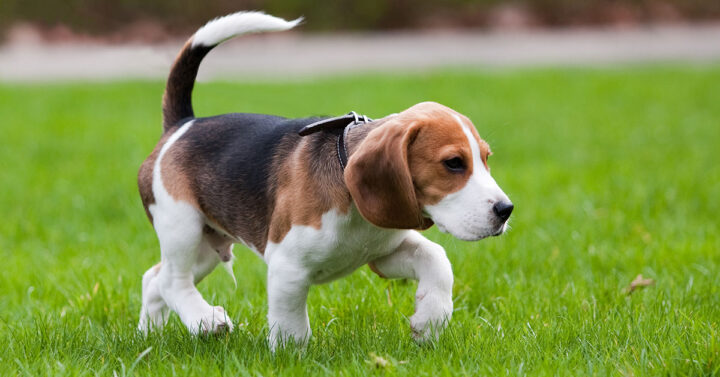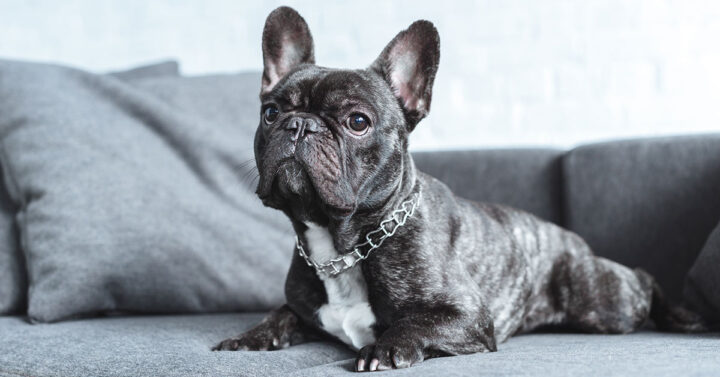Introduction
The Cavalier King Charles Spaniel, a name that echoes royalty, has woven its charm not only through history but also into the hearts of dog lovers.
In Australia, its popularity has grown exponentially, making it essential for enthusiasts to get a comprehensive view of the breed.
Overview of the Cavalier King Charles Spaniel
The Cavalier King Charles Spaniel is a small toy breed, known for its graceful movement and affectionate demeanour.
Weighing between 5.9–8.2 kg and standing around 31–33 cm tall, this breed is recognized for its long, flowing coat, expressive eyes, and warm disposition.
Despite their royal lineage, they are down-to-earth dogs that enjoy being part of a family.
The Breed’s Origin and History
The breed has a regal history, dating back to the time of King Charles II of England. The King was so taken with these Spaniels that the dogs were named in his honour.
Over the years, the breed was crossed with other toy breeds like the Pekingese and the Toy Spaniel to achieve its modern appearance.
The breed received official recognition from the American Kennel Club in 1995 and has since gained international popularity.
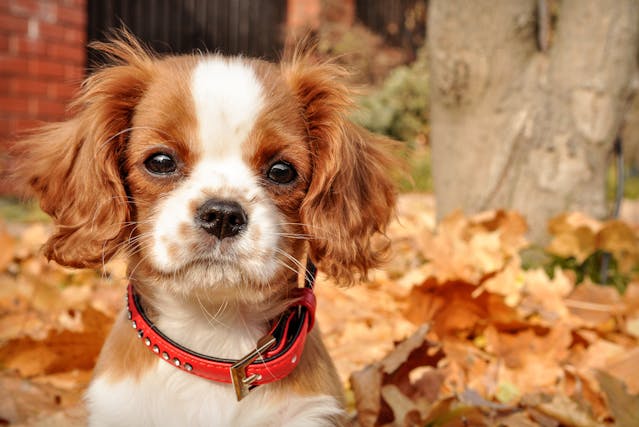

Popularity in Australia
In Australia, the Cavalier King Charles Spaniel has rapidly grown in popularity over the years.
Their small size and friendly disposition make them perfect companions for families, singles, and seniors alike.
This breed adapts well to both urban and rural settings, contributing to their widespread adoption across the country.
Physical Characteristics
Distinguished by its elegant appearance, the Cavalier King Charles Spaniel exhibits a blend of features that showcase its regal lineage.
From its silky fur to its expressive eyes, every aspect of its physique tells a story.
Size and Weight
The Cavalier King Charles Spaniel is considered a small-sized breed, with adults generally weighing between 5.9 to 8.2 kg. Their height ranges from 31 to 33 cm at the shoulder.
This makes them suitable for apartment living or homes with limited space. Despite their small size, they are sturdy and well-proportioned, making them agile and good for moderate levels of activity.
Coat and Colour Varieties
The coat of a Cavalier King Charles Spaniel is medium-length, silky, and comes in a variety of colours.
The main colour patterns are Blenheim (chestnut and white), tricolour (black, white, and tan), ruby (solid red), and black and tan.
Regular grooming is required to keep the coat in its best condition. Australian owners should be mindful of the climate when considering coat care, as temperatures can affect the dog’s comfort.
Distinctive Features
What sets the Cavalier King Charles Spaniel apart are its expressive, dark brown eyes and feathered ears.
The face exudes a warm and inviting expression, often described as “melting,” which charms many dog lovers.
Their graceful movement and poised stance give them an air of royalty, fitting for a breed named after a king.
Personality and Temperament
Beyond their physical beauty, these Spaniels are treasured for their heartwarming personality.
Affectionate, sociable, and eager to please, they are a testament to the saying that dogs are a man’s best friend.
Friendly and Affectionate Nature
The Cavalier King Charles Spaniel is renowned for its friendly and affectionate nature. They form strong bonds with their human families and are particularly good with children and seniors.
Their amiable disposition also means that they are generally good with other animals, making them excellent candidates for multi-pet households.
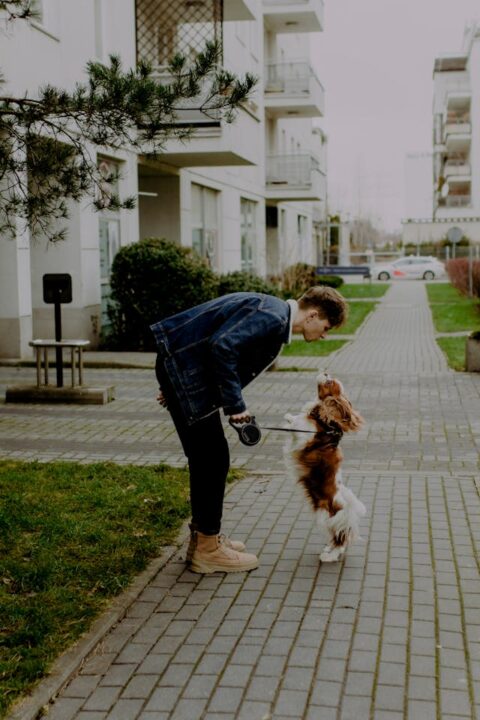

Social Skills
This breed is inherently social and thrives on interaction, whether it’s a play session in the backyard or a cuddle on the couch.
They do not do well with isolation and may suffer from separation anxiety if left alone for extended periods.
Australian owners often find that this breed is ideal for an active social life, including trips to dog-friendly beaches and parks.
Compatibility with Other Pets
Cavalier King Charles Spaniels usually get along well with other pets. Their non-aggressive and friendly temperament makes them good companions for other dogs and even cats.
However, care should be taken when introducing them to larger or more dominant breeds, as their small size can make them vulnerable.
Health and Well-being
Like all breeds, the Cavalier King Charles Spaniel has its set of health considerations. Being aware of these can help ensure that your furry friend enjoys a vibrant and healthy life.
Common Health Issues
Like many purebred dogs, the Cavalier King Charles Spaniel is prone to certain health conditions. The most common include mitral valve disease (MVD), syringomyelia, and hip dysplasia.
It’s crucial to work with a knowledgeable veterinarian to monitor for signs of these and other potential health issues.
Preemptive screening and regular check-ups can go a long way in ensuring a healthy and long life for your pet.
Veterinary Care in Australia
Australia offers a high standard of veterinary care, and there are numerous specialists capable of treating the Cavalier King Charles Spaniel’s specific health concerns.
Pet insurance is also widely available and can help offset the costs of both routine and emergency care.
Australians can find specialized veterinary services in major cities like Sydney, Melbourne, and Brisbane, but even smaller towns often have vet clinics well-versed in treating this breed.
Life Expectancy
The average life expectancy of a Cavalier King Charles Spaniel is between 9 to 14 years. Proper veterinary care, a balanced diet, and regular exercise can contribute to a longer, healthier life for your pet.
Exercise Needs
While not overly energetic, this breed does require regular exercise to maintain a healthy weight and disposition. Daily walks, playtime, and mentally stimulating activities are all good options.
Considering Australia’s generally warm climate, make sure to provide plenty of water and shade, and avoid walking your dog during the hottest parts of the day.
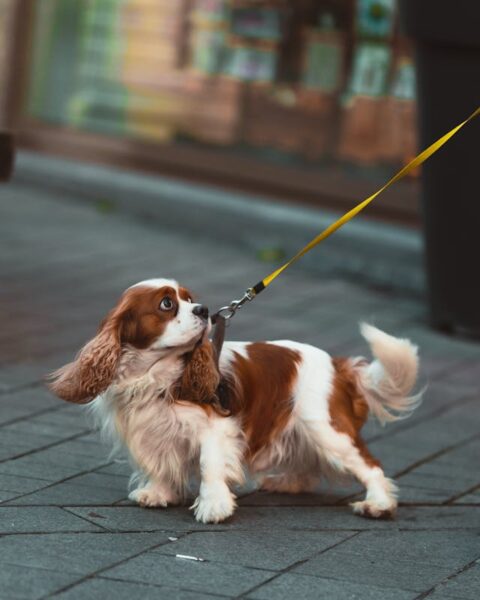

Nutrition and Diet
A balanced diet is the cornerstone of any pet’s health. For the Cavalier King Charles Spaniel, understanding their specific nutritional needs can make a world of difference in their well-being.
Recommended Food Brands in Australia
There are numerous high-quality dog food brands available in Australia that are suitable for Cavalier King Charles Spaniels.
Brands like Royal Canin, Hill’s Science Diet, and Advance offer specialized formulas for small breeds that provide balanced nutrition.
Always consult your veterinarian before making significant changes to your pet’s diet.
Dietary Requirements
The dietary needs of a Cavalier King Charles Spaniel include a balanced intake of proteins, fats, and carbohydrates.
Adult dogs generally require around 500 to 600 calories per day, depending on their age, weight, and activity level. Puppies will have different nutritional needs and may require more frequent meals.
Treats and Snacks
Treats can be a good training aid and a way to bond with your dog, but they should be given in moderation.
Opt for healthy, low-calorie options like fresh fruits and vegetables that are safe for dogs. In Australia, several local brands offer natural treat options made from locally sourced ingredients.
Grooming and Maintenance
Their luxurious coat, while a sight to behold, requires consistent care. Regular grooming not only ensures they look their best but also contributes to their overall health.
Brushing and Bathing
Grooming is an essential aspect of caring for a Cavalier King Charles Spaniel. Due to their medium-length, silky coats, regular brushing is necessary to prevent matting and reduce shedding.
Bathing should be done as needed, usually every few weeks. Always use dog-specific shampoos and conditioners to maintain the natural oils in their skin and coat.
Ear and Dental Care
The breed’s floppy ears make them prone to ear infections, so regular cleaning is advised. Dental care is also essential; regular brushing and dental treats can help prevent plaque and tartar build-up.
Professional Grooming Services in Australia
For those who prefer professional help, Australia has numerous pet grooming salons that offer specialized services for Cavalier King Charles Spaniels.
From Sydney to Perth, you’ll find establishments that can give your pet a thorough grooming experience, often including ear cleaning, nail trimming, and even breed-specific styling.
Training and Socialization
Early training and socialization form the foundation for a well-adjusted and well-mannered Cavalier King Charles Spaniel. Their eagerness to please makes the process both rewarding and enjoyable.
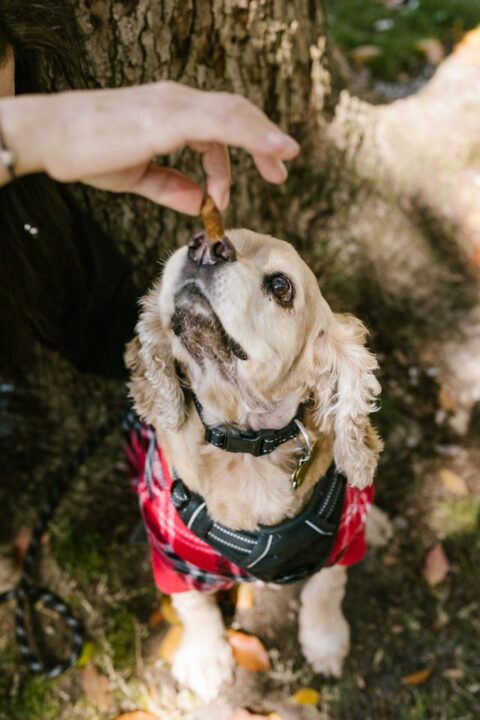

Basic Obedience
Training should start at a young age for Cavalier King Charles Spaniels. They are generally eager to please, which makes them highly trainable.
Basic commands like sit, stay, and come are essential and provide a foundation for further training endeavours.
Socialization Tips
Socialization is crucial for a well-rounded dog. The earlier you introduce your Cavalier to different people, animals, and environments, the more comfortable they will be as adults.
Australian owners often take advantage of the country’s many dog-friendly parks and beaches for socialization purposes.
Training Schools in Australia
There are many dog training schools across Australia that offer obedience classes and socialization sessions specifically tailored for small breeds like the Cavalier King Charles Spaniel.
Some notable schools include The Dog Training Academy in Sydney and Positive K9 Training in Melbourne.
Living Conditions
Creating a conducive environment for these spaniels is paramount. Whether in a spacious home or a cozy apartment, understanding their needs can ensure they thrive in any setting.
Indoor vs Outdoor
This breed is well-suited for indoor living but enjoys outdoor activities. If you have a yard, make sure it is securely fenced, as Cavaliers can be curious explorers.
For those living in apartments, daily walks and playtime are essential to keep your pet happy and healthy.
Climate Considerations in Australia
Australia’s climate varies from region to region, but generally, the Cavalier King Charles Spaniel adapts well to most conditions.
However, in particularly hot climates, make sure to provide plenty of water and shade, and avoid walking your dog during the peak heat hours.
Space Requirements
Given their small size, Cavaliers don’t require a lot of space to move around. However, a moderate-sized yard or a nearby park is beneficial for their physical and mental well-being.
For those living in apartments, make sure to engage in daily outdoor activities to keep your pet stimulated.
Adoption and Purchase
Bringing a Cavalier King Charles Spaniel into your life is a significant decision. Whether you’re adopting or purchasing, it’s vital to navigate this process with knowledge and care.
Finding a Reputable Breeder
If you’re interested in purchasing a Cavalier King Charles Spaniel puppy, it’s crucial to find a reputable breeder.
Responsible breeders prioritize the health and well-being of their dogs and will provide health clearances for the puppy’s parents.
In Australia, you can refer to organisations like Dogs Australia for a list of recognized breeders.
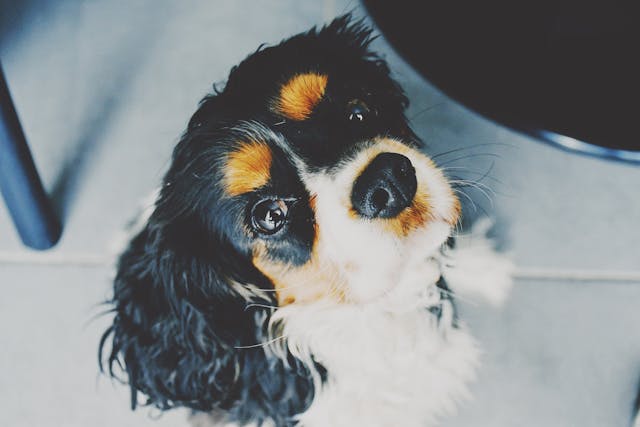

Adoption Options
Adoption is a wonderful alternative to purchasing a dog. Several rescue organizations and shelters in Australia have Cavalier King Charles Spaniels looking for forever homes.
Adopting an older dog can be a rewarding experience and offers the benefit of skipping the demanding puppy stage.
Cost Considerations
The cost of purchasing a Cavalier King Charles Spaniel in Australia can vary widely, depending on the breeder and the lineage of the puppy.
Adoption fees are generally lower and often include initial veterinary services like vaccinations and microchipping.
Legal Requirements in Australia
Being a responsible pet owner in Australia comes with its set of obligations. From registration to microchipping, it’s crucial to be well-informed about the legalities surrounding pet ownership.
Registration and Microchipping
In Australia, it’s a legal requirement to register your dog with your local council. Microchipping is also mandatory and must be done by a qualified implanter.
These measures help in identifying your pet should they ever get lost.
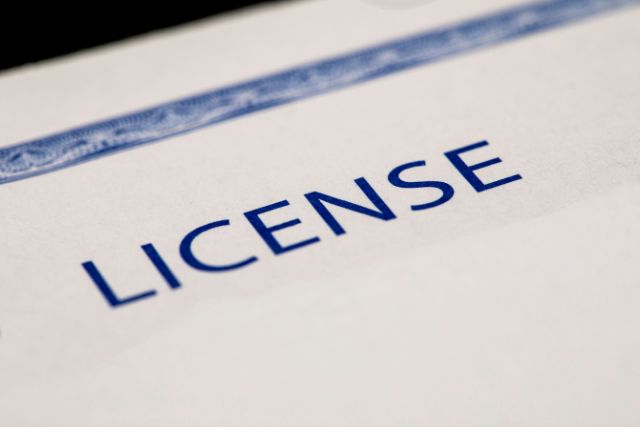

Leash and Fencing Laws
Leash laws vary by state in Australia, but generally, your Cavalier King Charles Spaniel must be on a leash in public areas unless in designated off-leash zones.
Fencing requirements are also important to note, especially given the breed’s curious nature.
Vaccination and Quarantine Regulations
Regular vaccinations are essential for your pet’s health and are a requirement for boarding facilities and travel.
Australia has strict quarantine regulations for imported animals, so be aware of these if you plan on bringing a Cavalier King Charles Spaniel into the country from overseas.
Conclusion
The Cavalier King Charles Spaniel is a charming and versatile breed that has captured the hearts of dog lovers globally and in Australia.
Their friendly disposition, manageable size, and graceful aesthetics make them an excellent choice for families, singles, and seniors alike.
Whether you’re considering adoption or purchase, this comprehensive guide aims to equip you with all the knowledge you need to make an informed decision
If you live in Australia and are contemplating adding a Cavalier King Charles Spaniel to your family, you’re in for a delightful journey filled with love, companionship, and plenty of wagging tails.

